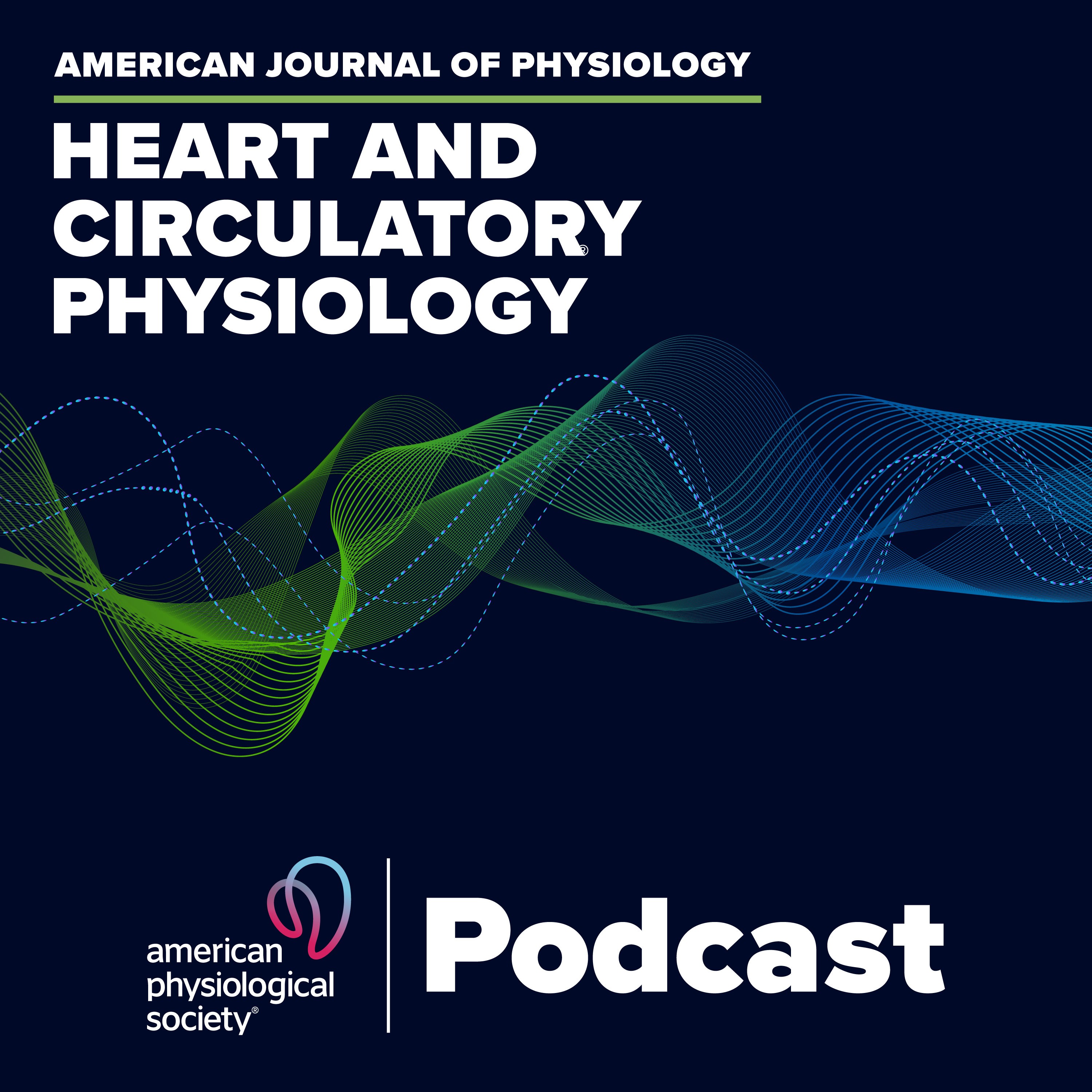Inclusive Demography in Medical Research
Description
How can researchers capture the most accurate demographic data possible on intake surveys for human participant studies? Listen as author and moderator Dr. Karla Haack (Merck) interviews co-authors Dr. Jesse Moreira (Boston University) and Dr. Troy Roepke (Rutgers, The State University of New Jersey) about their recent Perspective regarding how researchers can do inclusive and precise research with an open mindset in order to avoid excluding groups of people when developing survey demographic questions for human participant research studies. In their article, Moreira et al. offer actionable steps to develop inclusive survey language for the LGBTQIA2S+ community with precise science at the forefront. The goal is to increase participation among LGBTQIA2S+ people and collect demographic data in a manner that does not alienate or marginalize anyone who may already be experiencing marginalization. The authors make the case that researchers should not be afraid to be precise, and careful attention to language does not involve extra effort on the part of researchers. For example, researchers can include a semi-exhaustive list of gender along with a fill-in “I self-describe as" field. If researchers introduce themselves using their own preferred pronouns, the authors explained, and then ask what pronouns study participants prefer to use, it can make an enormous difference to the sense of belonging for potential study participants. Words help science to be more exact. Simply stated, words matter. Listen to learn more.
Jesse D. Moreira, Karla Haack, Vee White, Melissa L. Bates, Deepa M. Gopal, and Troy A. Roepke Importance of survey demographic questions to foster inclusion in medicine and research and reduce health inequities for LGBTQIA2S+ individuals Am J Physiol Heart Circ Physiol, published May 12, 2023. DOI: 10.1152/ajpheart.00152.2023
More Episodes
In our latest episode, Dr. Jeff Saucerman (University of Virginia) interviews authors Dr. Naomi Chesler (University of California, Irvine) and Dr. Mitchel Colebank (University of South Carolina) about their new Guidelines in Cardiovascular Research article on incorporating mechanistic modeling...
Published 10/29/24
In this episode of Behind the Bench, we are talking with Hannah Cizauskas about her first, first-author article published in AJP-Heart and Circ. Born and raised in Detroit, Hannah moved to Chicago for what she thought would be just one rotation outside of the cancer genetics field. This led...
Published 10/10/24
Published 10/10/24


